Twenty One Countries – Over 60 Projects
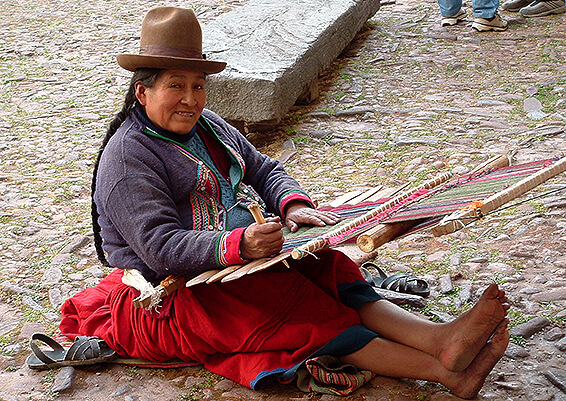
“Educating the mind without educating the heart is no education at all”. Aristotle
CENTRAL & SOUTH AMERICA
Not all children are provided with an equal chance for an education. If you are fortunate to have a good education system, express your gratitude by helping others in need.
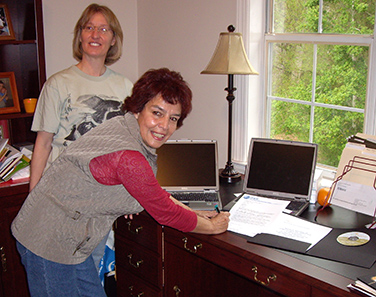
CHILE
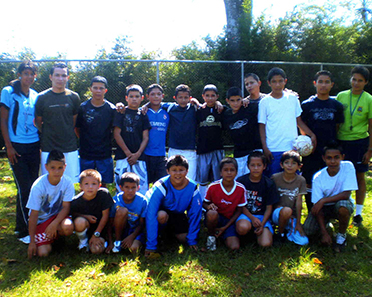
COSTA RICA
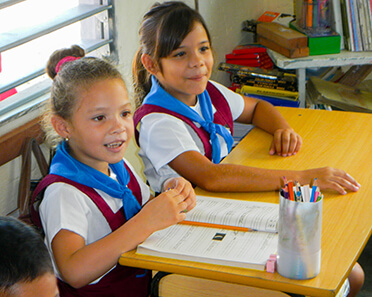
CUBA
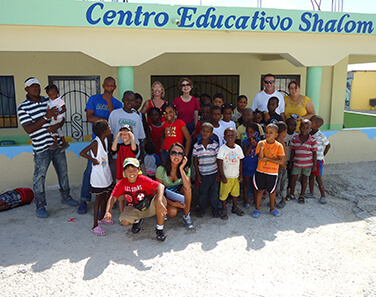
DOMINICAN REPUBLIC
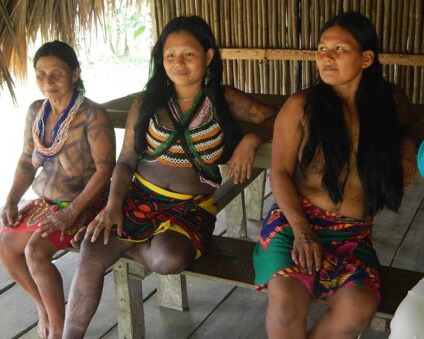
PANAMA
The remote village of Mash Pubbar is in the Darien Gap near the Columbian border. USAID built a block school with 5 classrooms, cafeteria and lodging for teachers. Unfortunately, no textbooks, posters or educational materials were available for teaching. We located a bookstore in Panama City where we could purchase educational materials appropriate for the teachers to develop a curriculum for the village children.
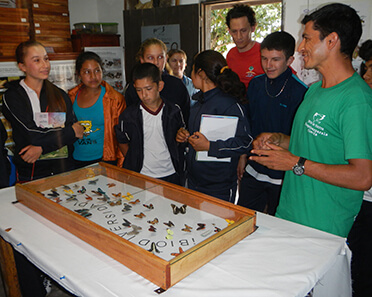
PARAGUAY
Karina, the founder of Para la Tierra, coordinated our efforts to provide resource material and educational supplies to develop an environmental stewardship program for children in the community. We presented programs in three schools and hosted the first group of youth at the Laguna Blanca Nature Preserve. Bilingual materials were furnished for designing exhibits for the museum and setting up libraries in the Preserve and local schools. This organization is a a role model of what can be done to change the world!
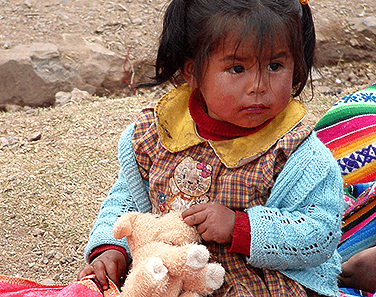
PERU
Since 2000, our founder has been investing time and energy into numerous projects in the Andean and Amazonian region of Peru. While the primary focus has been educational literacy (providing solar power and resources to schools and libraries), several economic development projects have been initiated for artisans and community projects to furnish the tools to teach sewing and pottery skills. The donation of 125 computers enabled one partner to introduce skills to indigenous people living in 19 communities in the Ancash region, greatly enhancing their employment opportunities and bringing them electricity.
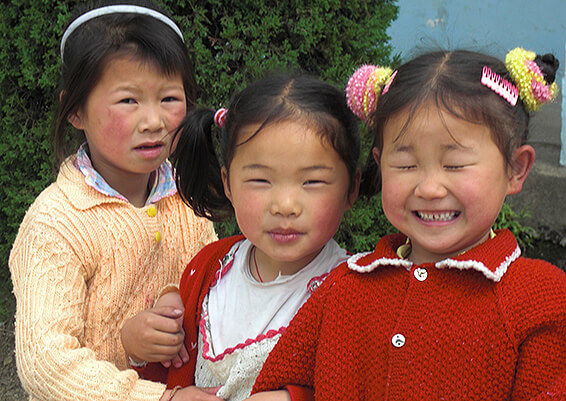
“Learning is a treasure that will follow its owner everywhere.” – Chinese Proverb.
ASIA

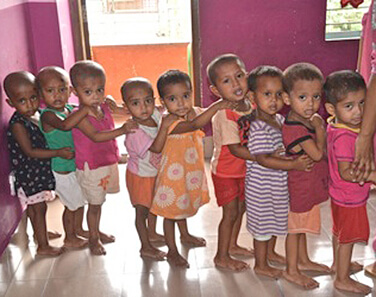
BANGLADESH
Our IFED representative, Judy Anderson, is an expat living in Bangladesh who coordinates all of our projects through the various partnerships that she has developed. She submits requests from numerous private schools assisting in the education for street children. Funding for various programs that align with our corporate mission of education and economic development include industrial sewing machines, training, textbooks, educational supplies, desks and cabinets.
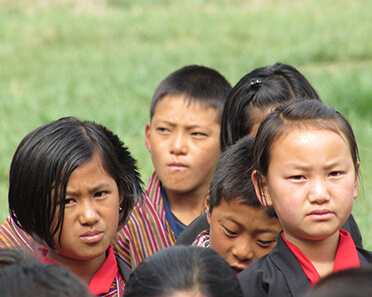
BHUTAN
This tranquil country uses the phrase GNH (Gross National Happiness), as a signal of commitment to building an economy based on Buddhist spiritual values, rather than the western philosophy of gross domestic product (GDP). The four pillars of GNH philosophy are: sustainable development, preservation and promotion of cultural values, conservation of the environment, and good governance. We shared our beautiful environmental story “Let There Be Dragons” and distributed supplies to the Bamthang school.
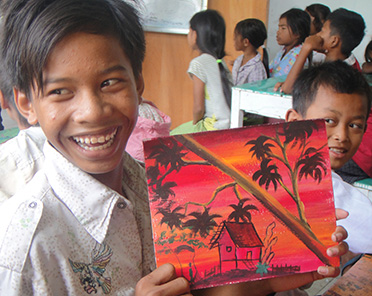
CAMBODIA
Let Us Create (Cambodian Children’s Painting Project) provides opportunities for families to keep their children in school and teach them artistic skills to earn income for the family. The children’s artwork is sold locally and at global fundraising activities. Families are given rice each month to supplement their income and children receive shoes and one meal per day. IFED initiated a nutrition program, refurbished their kitchen and delivered supplies.
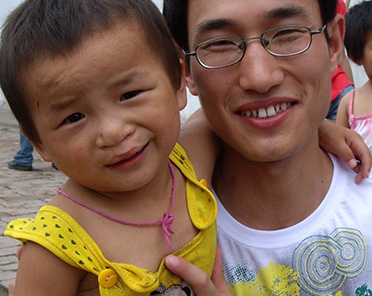
CHINA
The Dragon Lake Keepers environmental group raised community awareness of the environment and the need to dispose of litter. College students taught programs in the primary and secondary schools and volunteered time for literacy lessons in surrounding communities. Several orphanages were provided basic humanitarian aid. Several students received scholarship opportunities for studies abroad.
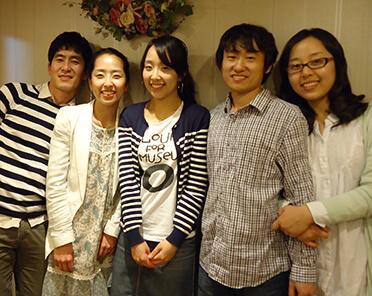
KOREA
Though a partnership developed with the Gunpo City Government and Young Harris College in Georgia, we facilitated the selection process for several Korean students to travel and study abroad. We also hosted 15 high school students for a summer travel abroad program and coordinated activities for their exposure to local students and meaningful exchanges.
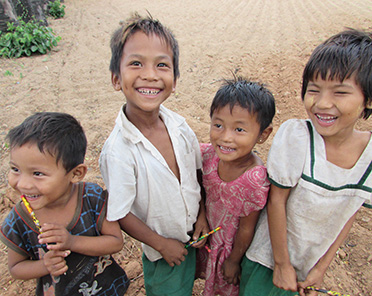
MYANMAR
Our guides with Proniti Tours arranged our visits to the orphanage in Yangon where we delivered educational supplies, sporting equipment, toothbrushes, rice and food. It was delightful to see the smiling faces of the 400 children, but sad to know their living conditions. We delivered supplies to schools in Bagan and Mandalay in the north, each time amazed at the limited number of books and learning material on hand or in the libraries
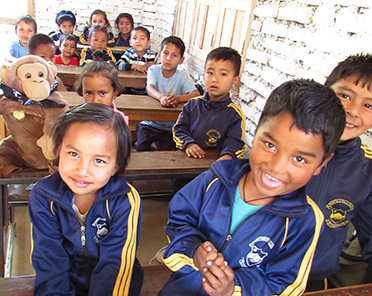
NEPAL
Mukti Rijal, the Duhlihkel principal, coordinated purchases of books and supplies. Classrooms were provisioned with posters, text books and required resources for the teachers to effectively provide a quality education. In Chitwan, IFED provided minimal investments ($500) to complete a brick community school house. We completed walls, metal roof and provisioned the classroom with whiteboards, desks, posters and books. A little bit goes so far in these places…
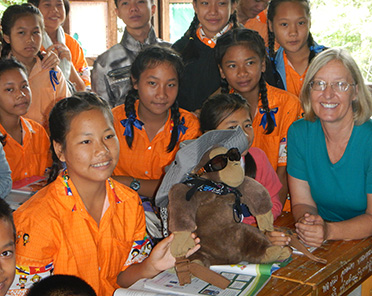
THAILAND
IFED partners with Grandma Cares on several school projects benefitting students in grade K-12. At the Baan Mae Yoi Kindergarten, furnishings and sleep mats were needed. Library books, biology resources and posters were provided to Ban Pao Whittiyakom School in Maeteng, Chalermprakiat , Ban Luk Pan, and Sanamaeng School. We have been involved with the development of the library and the audio visual learning lab at Lampoon orphanage school for girls, in addition to providing recreational and sporting equipment.
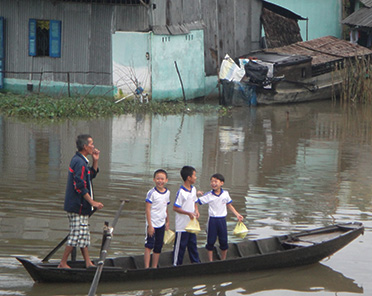
VIETNAM
In the Mekong Delta in South Vietnam we visited several schools where the children of families who hosted us attended classes. We delivered books, art and educational supplies, writing implements and small stuffed animals. The language barrier outside of the larger cities, like Ho Chi Minh (formerly Saigon) makes communication more challenging. We encountered no other NGOs on our journey on the “road less traveled”.
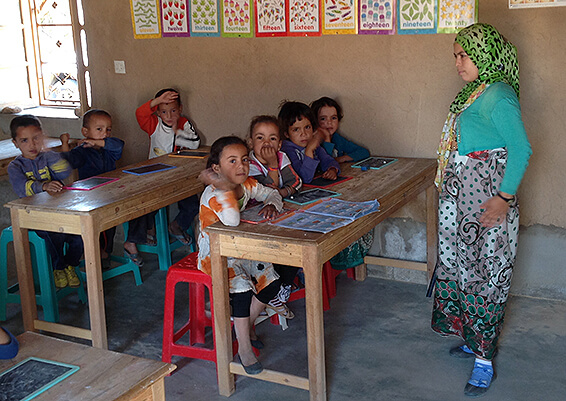
“Education is the most powerful weapon which you can use to change the world.” Nelson Mandela.
AFRICA
“Progress across Africa to get all children in school and learning has stalled. If nothing is done to reverse current trends, there will be millions more children out of school in Africa in 2025 than there are today. With the 2025 Millennium Development Goals (MDG) deadline fast approaching, African leaders and donors must keep their promise and take urgent action to ensure all children are in school. Financing for education is declining fastest in these fragile settings – where it was already inadequate.” A World at School.org .
MOROCCO
Friends of Nomads (aka Ramlia Children’s Literacy Fund) For a Nomad family, the education of children is not a priority, rather the provision of food, shelter and the animals they herd. The children are involved in the caretaking of livestock and, given their remote locations, educational facilities are simply beyond access. IFED worked directly with Youssef at Friends of Nomads and the volunteers to develop and provide the teaching/learning resources for the teachers to use in the classroom. We delivered clothing and various items to the Nomad families living in the desert near Ramlia.
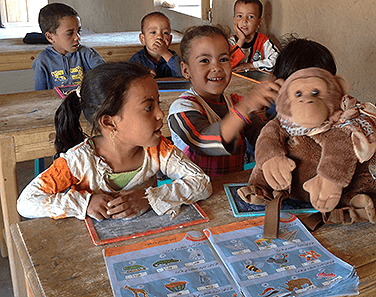
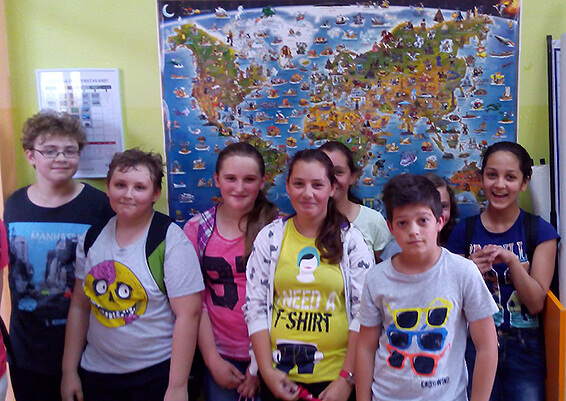
“Education is the key to unlock the golden door of freedom.” George Washington Carver.
EUROPE
Europe is generally respected for its educational systems. However, over six years of economic and financial crisis has resulted in considerable strain on the public budgets of the EU countries. Paths of reform across government spending saw drastic cuts across various sectors, with the education sector being hit particularly hard in certain countries. The consequences of the cuts in education budgets include a reduced quality in teaching and a lack of access to advanced education by individuals from disadvantaged backgrounds. All countries should realize the long-term transformative power of education and distribute resources in a more responsible way.

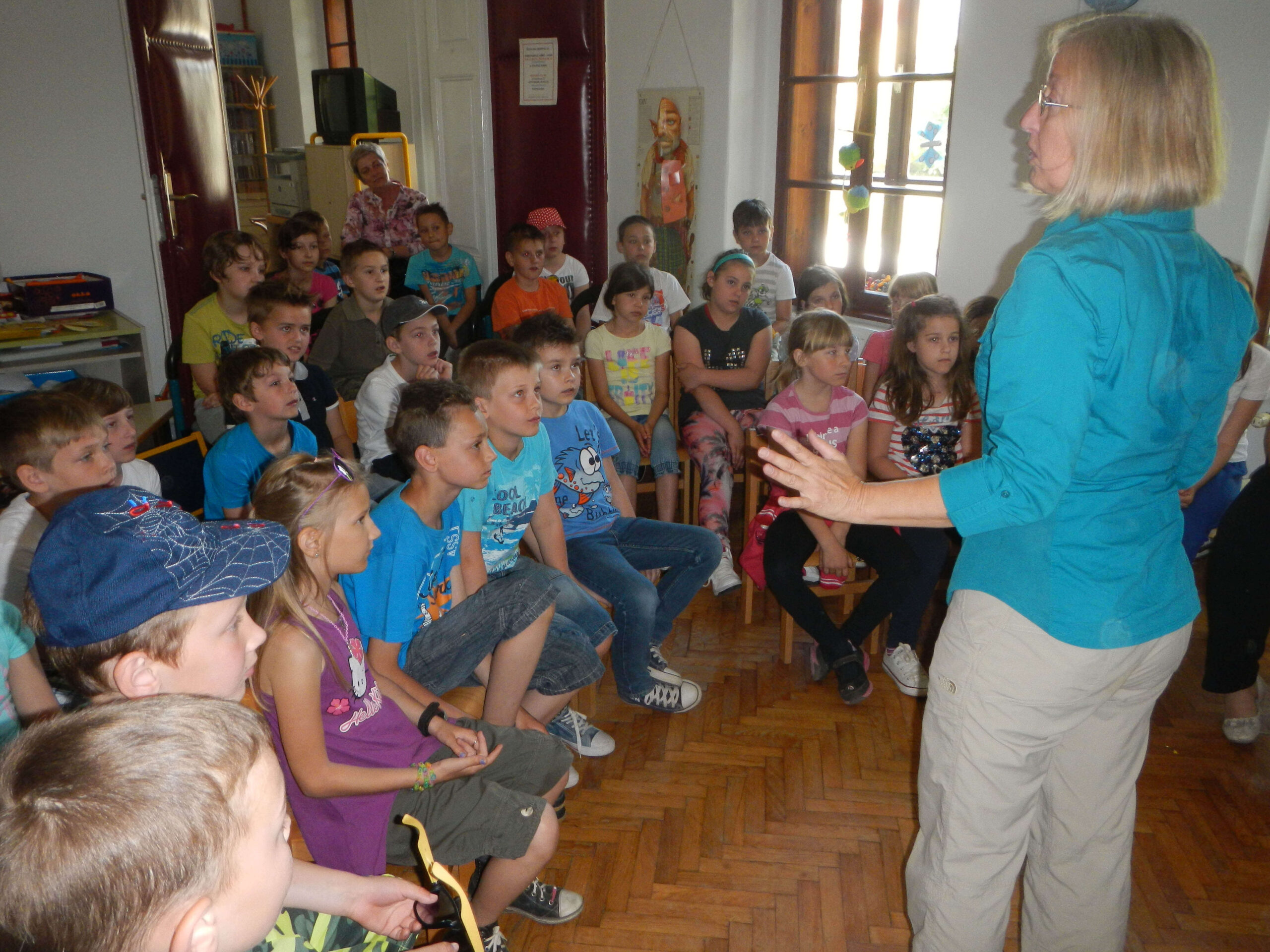
CROATIA
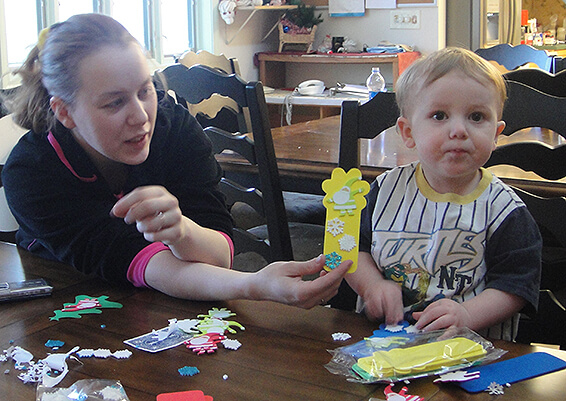
“Change will not come if we wait for some other person or some other time. We are the ones we’ve been waiting for. We are the change that we seek.” Barack Obama.
NORTH AMERICA
Public education in less affluent communities often leaves much to be desired, even in developed nations like the United States and Mexico. Providing books and reading materials and supporting literacy programs aims to introduce young people to the joys of reading.
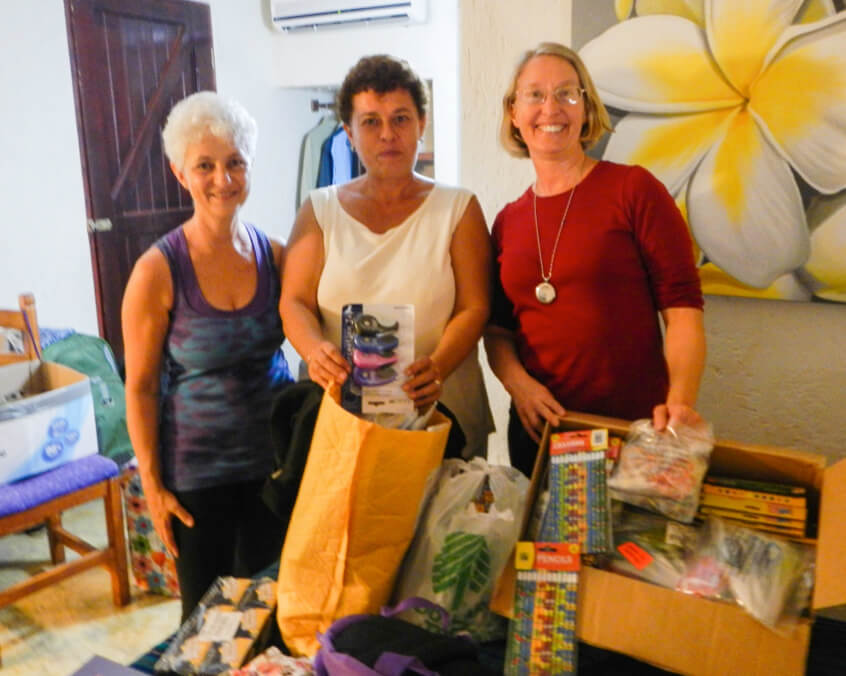
MEXICO
IFED partnered with the Cozumel Chrysalis Group to providing financial scholastic support for the island’s students. Mexican public school students must provide their own uniforms, school shoes and school supplies. High school students must pay an inscription fee for each semester. Many families in Cozumel struggle to send their children to school. The Cozumel Chrysalis Group assists those students who show a desire to better their lives through education. Learning English in school prepares them to earn a better living in this tourist based economy. Breaking the cycle of poverty that they grew up in is one of the greatest achievements our students can make, helping themselves and their families to live a better life.
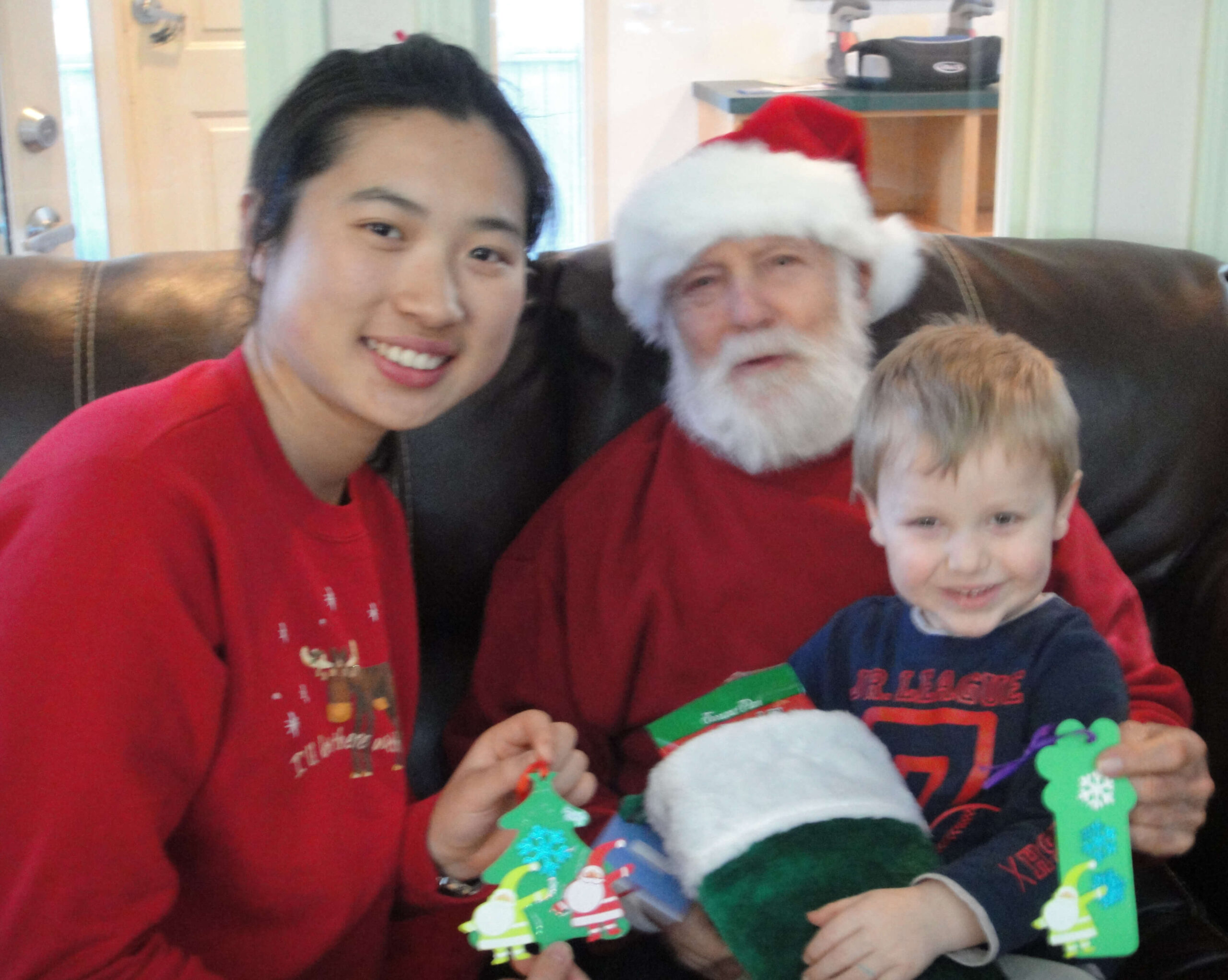
USA
IFED seeks to foster literacy and a love of learning by providing books and other educational material to stimulate young minds. Children’s books are distributed through Head Start programs, as well as Path to Shine. We have facilitated donations of computers in Boys and Girls Club, YMCA for senior classes and SAFE House for families in crisis. Other local projects include book fairs, readings of our environmental book, Let There Be Dragons, and holiday visits to senior community centers.
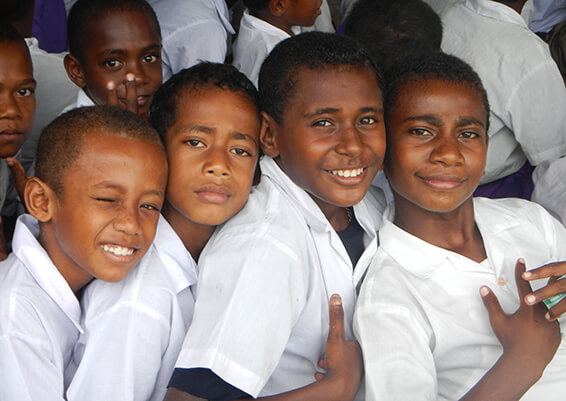
Literacy is a bridge from misery to hope.” Kofi Annan, Former United Nations Secretary-General.
OCEANIA
English has become the official language of the ASEAN Economic Community (AEC), yet few members of the 10-nation bloc have embraced the language. For tourism, as well as commerce, countries where English is spoken more fluently will become popular destinations for foreigners and investors.

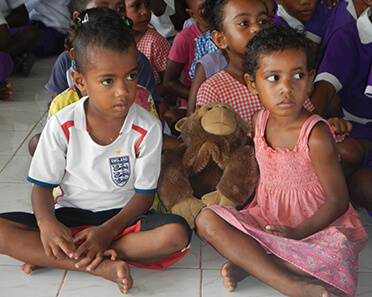
FIJI
The Nacula Island School serves children living in three communities throughout the Island. The children in the more remote communities walk several hours to the school each Sunday and sleep on the concrete floor from Sunday through Friday, when they return home. In addition to school books and education supplies, IFED provided blankets and clothing for the children.
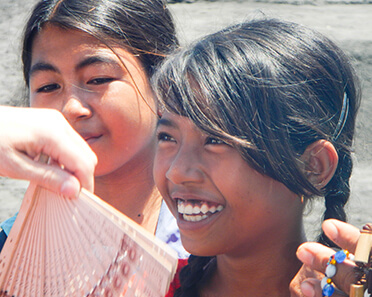
INDONESIA
In Bali, Indonesia, English is not introduced into the school system until secondary school, and textbooks and English resources are in limited supply and only found in the capital city of Denpasar. IFED has coordinated with rural schools to place English teaching resources and bilingual books and education materials in over twenty schools and is working with educators who are now introducing language skills in primary school.
